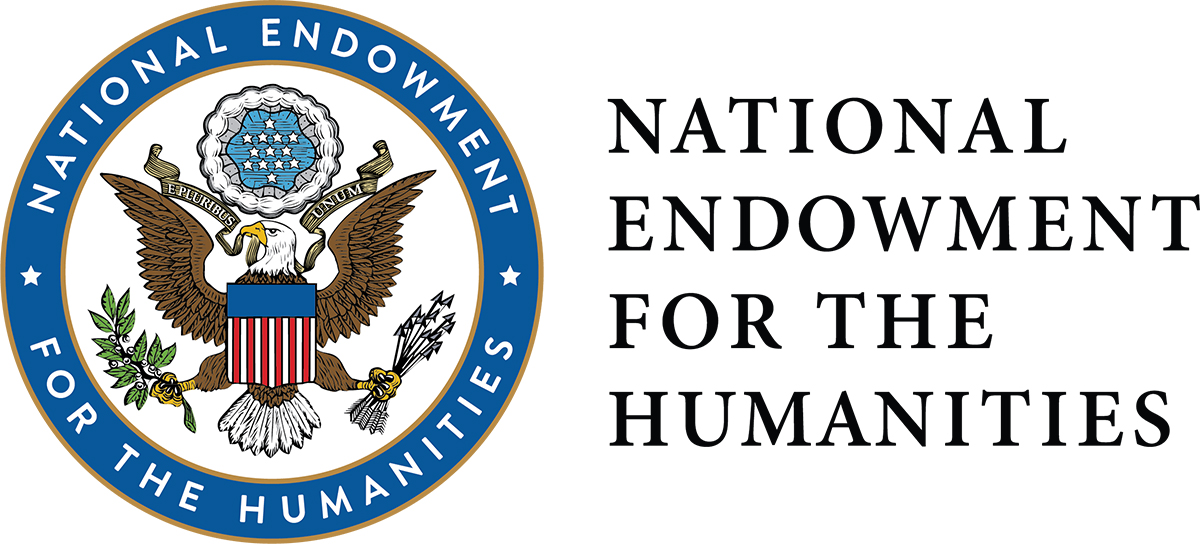
NEH Summer Institute 2024
Using Comics to Teach Social Justice
July 14 - July 29, 2024
San Diego State University
Scholars who study comics have long recognized the medium’s harmful power to perpetuate racist and misogynistic stereotypes; but, more recently, innovative educators have been embracing comics’ incredible capacity to boldly challenge injustice and to encourage meaningful social change.
The Center for Comics Studies at San Diego State University is pleased to announce “Using Comics to Teach Social Justice,” a residential institute to be held in San Diego, CA, July 14-29, 2024. Participants in this institute will harness the potential of the vibrant comics medium as a way to engage their students with timely social issues including racial injustice, misogyny, wealth inequality, immigration, food insecurity, and climate justice, to name just a few.
This Institute assembles 25 K-12 educators from across the United States. While we expect the 25 participants will likely be educators of grades 6-8 and 9-12 (given the content and skills standards of social studies and language arts educators), we do not rule out potential interest from grades 3-5 educators.
Institute participants will: 1) engage with experienced SDSU teacher-scholars who have developed vibrant comics curriculum addressing the medium’s usefulness for engaging social justice themes (including navigating issues around “banned books,” many of which are challenged precisely because of their social justice content); 2) explore SDSU’s extensive comics collection for pedagogical ideas and teachable content; and 3) participate in the thriving local comics convention scene (i.e. San Diego Comic-Con International); in order to 4) develop comics-related lesson plans suitable to their own state content/skills standards in multiple humanistic disciplines.
The Using Comics to Teach Social Justice Summer Insitute has been made possible in part by a major grant from the National Endowment for the Humanities: Democracy demands wisdom.
Any views, findings, conclusions, or recommendations expressed in this program do not necessarily represent those of the National Endowment for the Humanities.
If you have questions not answered by the materials on this website, please contact
[email protected].
